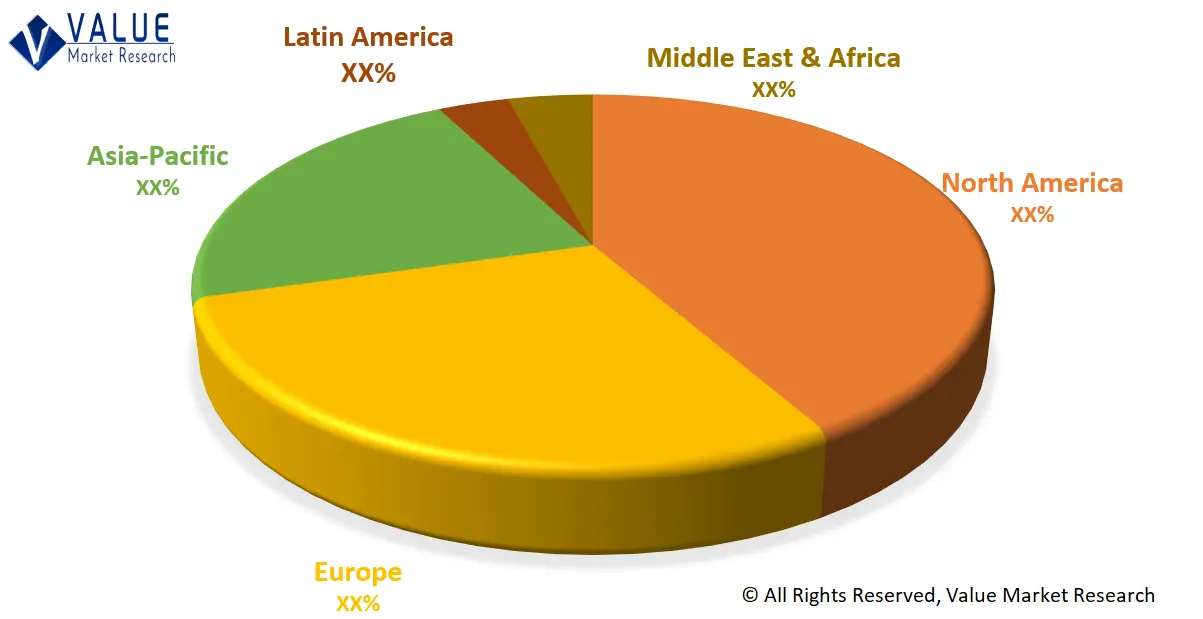The global demand for Parking Ticket Dispenser Market is presumed to reach the market size of nearly USD 1071.45 MN by 2030 from USD 613.89 MN in 2022 with a CAGR of 7.21% under the study period 2023 - 2030.
A Parking ticket dispenser is a device used in parking lots or facilities to issue tickets or receipts to vehicles entering the parking area. It serves as an automated system for managing and controlling access to parking spaces, typically in paid parking areas or facilities where a fee is required for parking.
Market Dynamics
Urbanization fuels the demand for efficient parking management systems as vehicle ownership increases, necessitating controlled access to parking spaces. These ticket dispensers play a pivotal role in regulating entry and exit, ensuring effective space utilization and controlled access in both public and private parking facilities. Revenue generation is a significant factor driving the adoption of ticket dispensers as they accurately record parking durations and enable the collection of parking fees upon exit. Integration with advanced parking management software and payment systems enhances efficiency, allowing for seamless payment processing and better monitoring of parking space occupancy. Technological advancements contribute to smarter ticket dispensers with features like contactless payment, advanced sensors for vehicle detection, and improved user interfaces. Addressing urban traffic congestion and complying with parking regulations also drive the adoption of these systems. Ultimately, Parking ticket dispensers are integral to parking management, providing security, access control, and efficient revenue collection in various parking settings.
The research report covers Porter’s Five Forces Model, Market Attractiveness Analysis, and Value Chain analysis. These tools help to get a clear picture of the industry’s structure and evaluate the competition attractiveness at a global level. Additionally, these tools also give an inclusive assessment of each segment in the global market of parking ticket dispenser. The growth and trends of parking ticket dispenser industry provide a holistic approach to this study.
Market Segmentation
This section of the parking ticket dispenser market report provides detailed data on the segments at country and regional level, thereby assisting the strategist in identifying the target demographics for the respective product or services with the upcoming opportunities.
By Detection Technology
- Magnetic Stripe Based
- RFID Based
By End Use
- Commercial Malls
- Event Venues
- Independent Parking Lots
- Other End Use
Regional Analysis
This section covers the regional outlook, which accentuates current and future demand for the Parking Ticket Dispenser market across North America, Europe, Asia-Pacific, Latin America, and Middle East & Africa. Further, the report focuses on demand, estimation, and forecast for individual application segments across all the prominent regions.
Global Parking Ticket Dispenser Market Share by Region (Representative Graph)

The research report also covers the comprehensive profiles of the key players in the market and an in-depth view of the competitive landscape worldwide. The major players in the Parking Ticket Dispenser market include ASN Services Private Limited, Anusandhan Technology Solutions, TCI Distributors (Selindus), FENIX IMVICO,S.A, Wiicontrol, METRIC Group, Dhonaadhi Hitec Innovations, ASN, Parking Systems, Inc., Parking Boxx, SysParc. This section consists of a holistic view of the competitive landscape that includes various strategic developments such as key mergers & acquisitions, future capacities, partnerships, financial overviews, collaborations, new product developments, new product launches, and other developments.
In case you have any custom requirements, do write to us. Our research team can offer a customized report as per your need.

